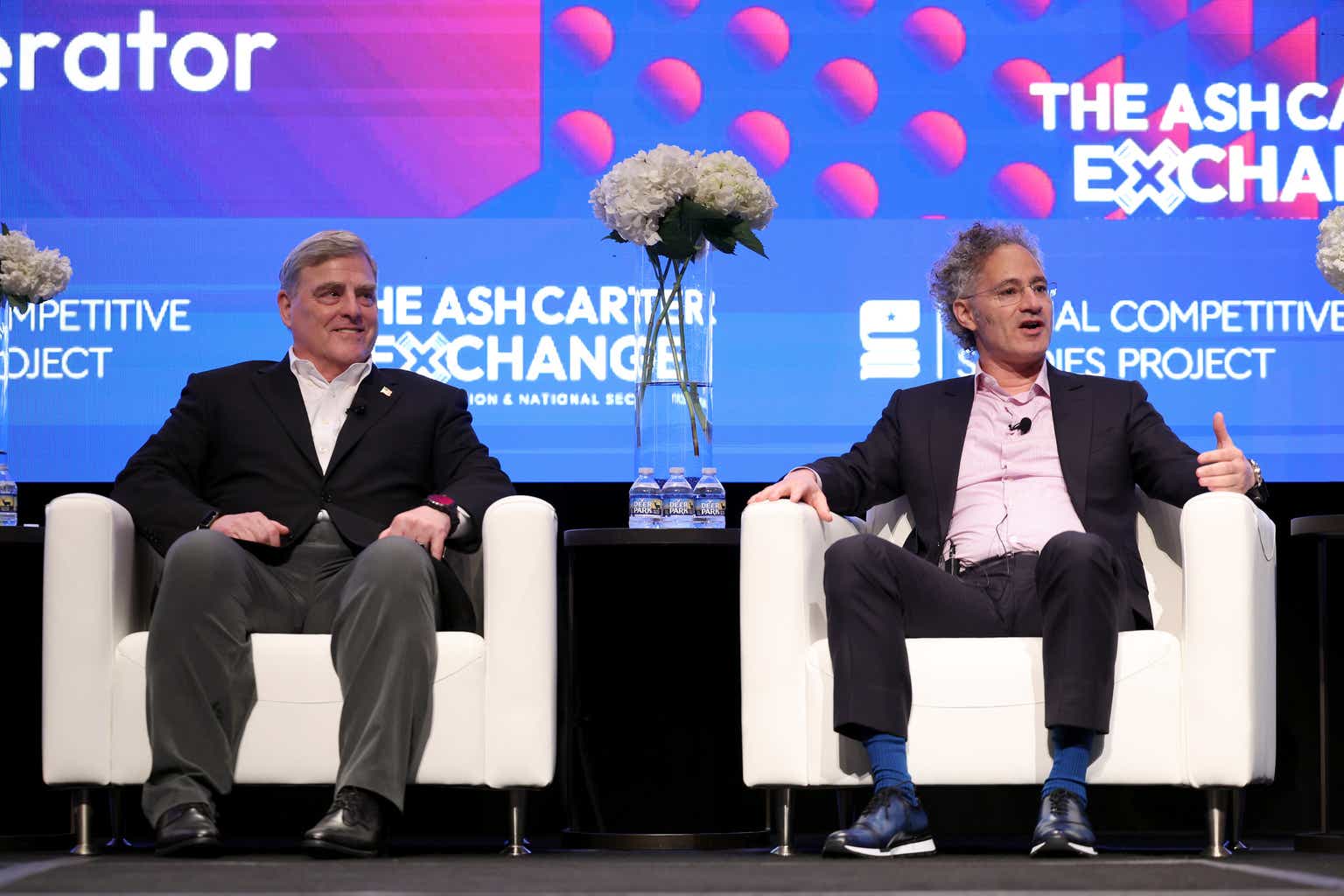How can we defend the private sector from Trump’s war on DEI?
It would be a huge mistake for the private sector to roll over to an anti-woke obsessed administration.

It is clear that President Trump will soon begin an aggressive campaign to put an end to diversity, equity and inclusion programs in the private sector. In particular his Department of Justice will seek to apply the Supreme Court’s reasoning when in 2023 it struck down affirmative action in college admissions.
This strategy must be resisted, by defending private diversity-promoting policies as designed to eliminate discrimination.
Trump’s initial salvo in his war against private-sector DEI is an executive order declaring that DEI violates the Civil Rights Act of 1964. It directs that within 120 days, the Department of Justice will submit to the White House a “strategic enforcement plan” to cause “the private sector to end illegal discrimination and preferences, including DEI.”
The order requires that each relevant federal agency identify potential compliance investigations to be brought against major corporations, large not-for-profits, foundations with more than $500 million in assets and state and local bar associations. Potential federal lawsuits and regulatory actions must be identified.
At the 30,000-foot level, promoting diversity helps address our utter failure in recent years to secure the shared prosperity for which our nation used to be known — prosperity where all Americans willing to work for it can look forward to a better life for themselves and their children. Today, some bask in ever-growing wealth, but most are falling farther and farther behind. Promoting diversity by lawful means is an important tool in extending prosperity to all.
Non-quota policies and programs to promote diversity in the private-sector workforce do not violate Section VII of the Civil Rights Act. That is because they are aimed at ensuring an absence of discrimination against women and racial, religious and ethnic minorities, rather than seeking to discriminate against white men.
Consider a corporation whose board of directors is made up entirely of white men. That result simply cannot occur without discrimination. Righting that wrong by promoting board diversity is not illegal discrimination against white men, but a lawful response to avoid discrimination against women and people of color.
This is true at all levels of the workforce. If the pool of qualified persons is substantially more diverse than the actual diversity at any workforce level, then the result is likely tainted by discrimination. Purposeful action to eliminate that taint is not prohibited by Title VII.
The discrimination to be eliminated may not be intentional; rather, it is often the result of implicit bias, which is real. According to the American Psychological Association, a person’s perceptions and behavior can be influenced by bias even if the person is unaware of that bias. The bias arises from learned associations connecting certain qualities to others based on their gender and race.
The risk of implicit bias is great when decision-makers are asked to choose “the best” from among a group of well qualified persons. Without conscious attention to diversity, it is likely that stereotypical thinking will cause discrimination against women and racial, religious and ethnic groups that have historically been subject to such stereotypical thinking.
Avoiding not just intentional discrimination but also discriminatory impact is another legal way to promote diversity. Discriminatory impact occurs when a stated qualification for the job is not reasonably related to actual work requirements but has the effect of burdening the advancement of women and particular racial, religious and ethnic groups. For example, unreasonably rigorous physical performance requirements will have that a discriminatory impact against women. And unreasonable requirements of academic achievement will hurt Blacks and Hispanics who grew up in poor neighborhoods and therefore lacked access to high-quality primary and secondary education.
Equity and inclusion, the two goals of DEI beyond diversity itself, also are necessary to avoid discrimination. Avoiding discrimination requires continuous attention. If women and racial, religious and ethnic minorities are not treated fairly in work assignments, skill development opportunities and the like are lost. If they are not fully included to the same extent as white men — as, for example, by being unreasonably excluded from meetings and other work-related activity — discrimination results.
Finally, Title VII does not bar extending a helping remedial hand to members of the workforce where that special assistance is based on need but also has the impact of promoting diversity, equity and inclusion. Such assistance is akin to reasonable accommodation for people with disabilities or reasonable accommodation of religious practice. The legality of both is well settled.
The private sector has a strong interest in the lawful DEI activities described above. A diverse workforce, including diverse management, builds public confidence, supports recruiting and improves the marketing of products, services and ideas in a diverse nation and world. This is an area where rolling over to an anti-woke-obsessed administration would be a huge mistake.
Evan A. Davis is a New York lawyer whose practice has included employment discrimination, the former president of the New York City Bar Association, vice chair of the Columbia University Board of Trustees, chief counsel to New York Gov. Mario Cuomo and law clerk to Supreme Court Justice Potter Stewart.











![How to Build Scalable Access Control for Your Web App [Full Handbook]](https://cdn.hashnode.com/res/hashnode/image/upload/v1738695897990/7a5962ce-9c4a-4e7c-bdeb-520dccc5d240.png?#)
































































